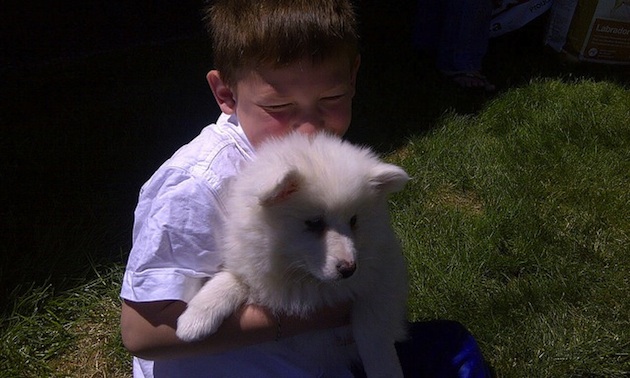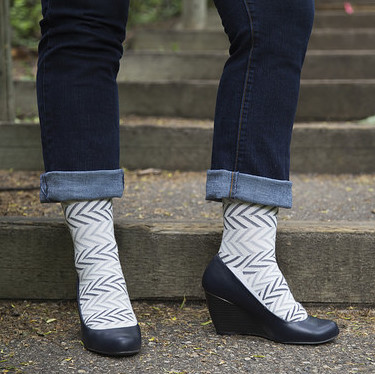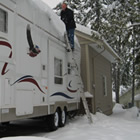How safe are your pets in the RV?
Many RVers travel with their pets. Here are some tips for keeping Fido happy and healthy on the road.

RVers love to take their pets with them—that’s probably part of the reason they love to RV. Fido doesn’t have to stay at home or be boarded in a kennel when the owners are travelling. Having a pet travel with the family is important, but it takes more than just throwing some food and their bed in the unit.
Just how safe are these pets while travelling with their owners in the RV?
Safety on the road
It’s so easy for an animal to have an accident, perhaps slipping or falling when the vehicle is in motion, and it can happen so quickly there isn’t any time to react. It’s much safer to have the pet in a secured crate or pet carrier if at all possible. There are travel bowls available that will sit in the carrier so the animal can have water at any time.
What would happen if Fido got loose and was nowhere to be found? A few preventative measures could mean the difference between having him returned safely or not. Some animals are escape artists and get loose any chance they can. Have a collar on the animal with a tag that includes his name and your contact information. There would be no point in having your home phone number on the tag if you are on the road—your cell phone number or email would probably be better. Also consider a tattoo or microchip with your vet’s information.
Pets may sometimes have to be left in the RV while the owners are out for the day or otherwise busy. Have fresh water available. RVs can be cold or hot inside depending on the outside temperature, so it’s important to have proper ventilation and a controlled temperature in the unit.
Does your dog bark while you’re away? It can be extremely annoying for neighbours in the park to listen to the barking and not be able to do anything about it. If your dog is a barker, it’s probably better not to leave him behind.
Don’t leave the animal chained or confined outside if you’re away. If he’s tethered outdoors, make sure he can’t get tangled up in anything and are out of the way of anyone walking in the area. He will need to have the chance to get out of the sun and harsh weather if necessary, and to have access to food and water.
Pet etiquette
Not everyone thinks your animal is as cute as you do, and not everyone likes to hear the barking or noise that some dogs can create if not properly checked. Always have your animal on a leash or secured when outside the unit or going for a walk. When approaching other people, make sure they’re comfortable being near your pet before you get too close. Not everyone is an animal lover.
Clean up after your animal. That’s part of a pet owner’s job, and no one wants to step in animal waste when they are enjoying the outdoors.
Don’t let the dog bark unnecessarily—it can be annoying to the neighbours.
If using the RV park laundromat to wash the animal’s bedding, make sure the tub is cleaned out thoroughly afterwards. There’s nothing worse than placing clothes in a washer and having them come out covered in animal hair.
Things to bring for your pet
- Medical information such as inoculation records. Make sure rabies shots are up to date before leaving home.
- The vet’s emergency contact information.
- Any medicines your pet needs, and a prescription renewal in case the medicines are lost or destroyed.
- Medicines for emergencies, such as for ticks or fleas
- Leash, collar, tether.
- Crate or kennel.
- Food dish, water bowl and travel water bowl.
- Food: it’s not always possible to purchase their favourite food in other locations, so bring a good supply.
- Waste bags.
- Favourite toys, sleeping pad, treats.
- Grooming tools.
Prevent problems before they happen
- When making campground reservations, make sure the park is pet friendly and let managers know you have an animal travelling with you.
- Bring along an emergency first aid kit specifically for the animal.
- Have a colour photo of your pet, just in case he does get lost.
A safe, healthy and happy pet makes the RV adventure even that much more fun for everyone in the family.








